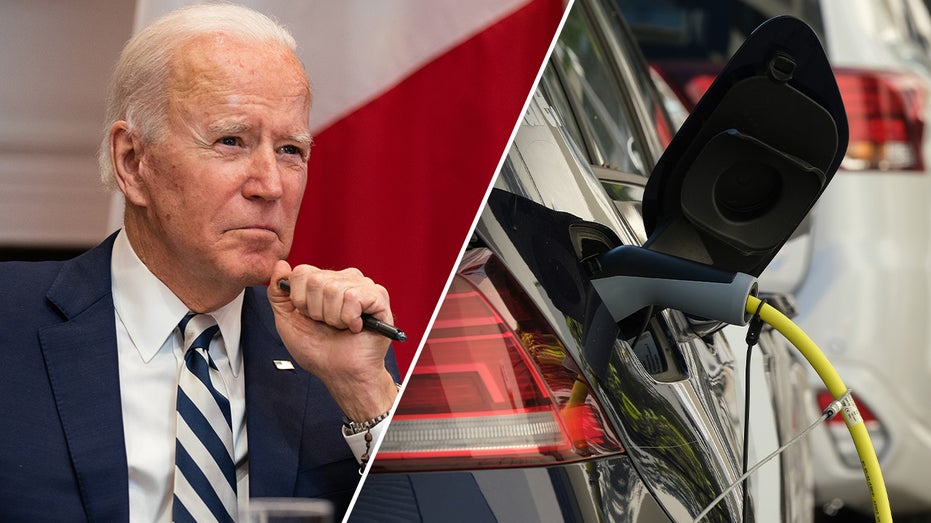Trump said he can't run in 2028 unless the GOP figures 'something' out: Could that happen?
President-elect Donald Trump, during a meeting with House Republicans on Wednesday, made an apparent joke in which he remarked that the GOP might want to “do something” that would somehow allow him to serve a third term in 2028.

(NEXSTAR) – President-elect Donald Trump, during a meeting with House Republicans on Wednesday, made an apparent joke in which he remarked that the GOP might want to “do something” that would somehow allow him to serve a third term in 2028.
“I suspect I won’t be running again, unless you do something,” Trump said, according to audio shared with The Hill. “Unless you say, ‘He’s so good, we have to just figure it out.’”
Trump’s remarks garnered some laughs from the GOP lawmakers, a couple of whom dismissed them as a joke. But Trump has made similar comments in the past, having previously floated the ideas of “extending” his term or somehow disregarding term limits.
As it stands, however, the 22nd Amendment to the U.S. Constitution bars any president from serving more than two terms — regardless of whether those terms are consecutive or not.
“No person shall be elected to the office of the President more than twice, and no person who has held the office of President, or acted as President, for more than two years of a term to which some other person was elected President shall be elected to the office of the President more than once,” reads the amendment, in part.
The idea behind this amendment was introduced for consideration in 1947, in response to President Franklin D. Roosevelt winning four consecutive terms in office. Franklin, who died just months into his fourth term, was the only president to get elected more than twice (though other presidents before him had indeed attempted to secure third terms).
There have also been dozens of attempts to repeal the amendment in the years since its introduction, though none had made any significant progress.
But could the 22nd Amendment be repealed under the coming Trump administration with GOP majorities in the Senate and the House? It’s not likely.
Repealing an amendment would require a new amendment itself, the National Constitution Center, a non-profit dedicated to studying and educating about the U.S. Constitution, explains. But any new amendment must have the backing of two-thirds of the House and Senate — and the incoming GOP does not have enough seats to secure its passing.
Two-thirds of state legislators could also call for a constitutional convention to propose the new amendment, but three-quarters of the states would have to approve it — another unlikely scenario.
A Democratic lawmaker in New York isn’t taking any chances, though. Rep. Dan Goldman said last week he was filing to clarify the wording of the 22nd Amendment, to make it clearer that the terms described therein apply “to two terms in the aggregate,” The New York Times reported.
The resolution likely will never reach a vote under House Speaker Mike Johnson, the outlet noted.
Congress has previously acknowledged, however, that it may still be possible for a two-term president to once again become president, largely due to language in the 22nd and 12th Amendments that could be interpreted to suggest the possibility that a former president ascend to the presidency, in very specific situations.
“ … [N]either Amendment addresses the eligibility of a former two-term President to serve as Speaker of the House or as one of the other officers who could serve as President through operation of the Succession Act,” according to an overview from the Congressional online database.



